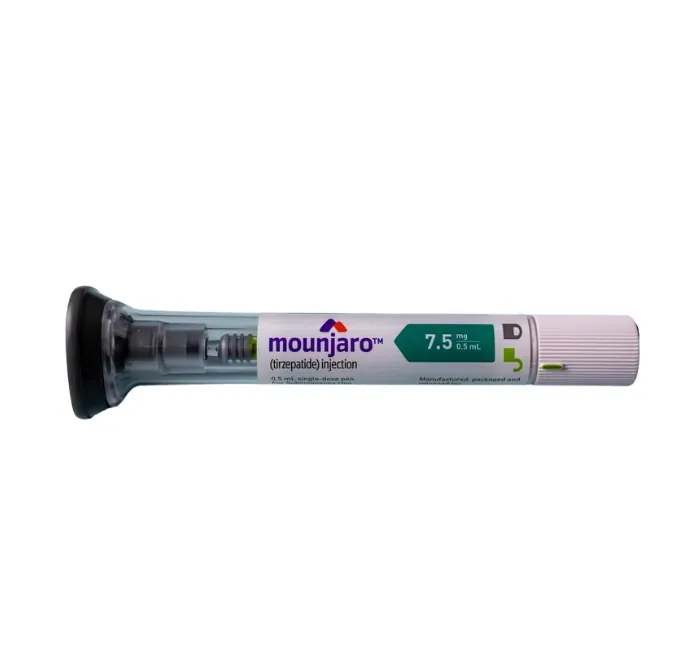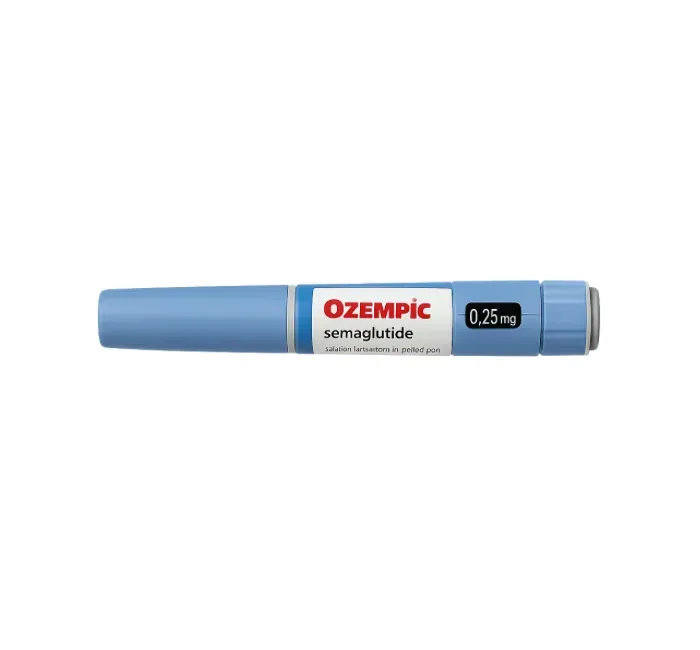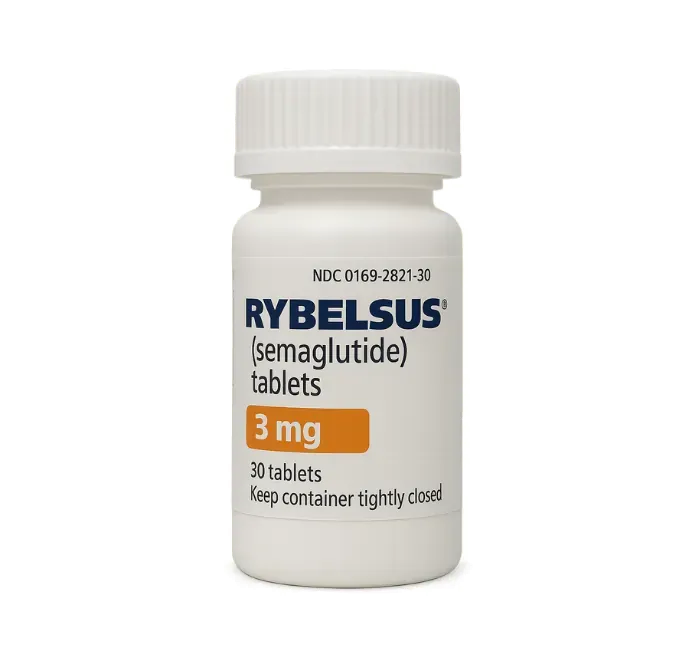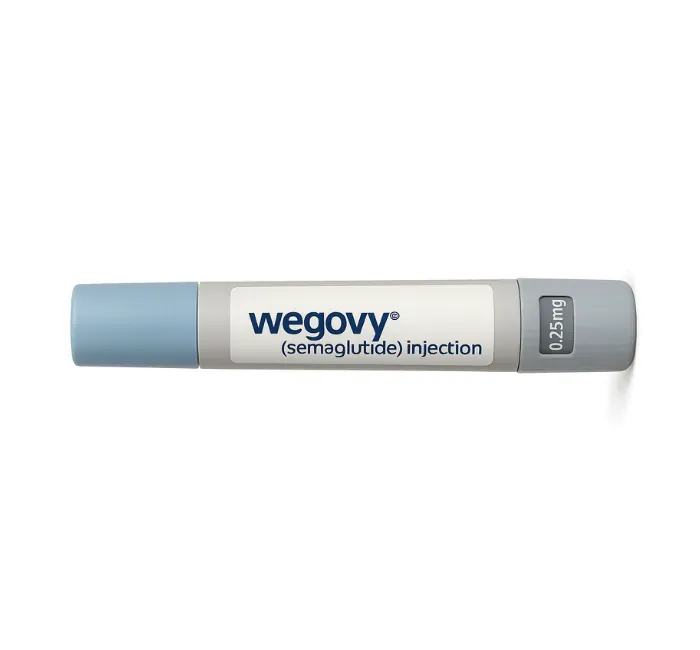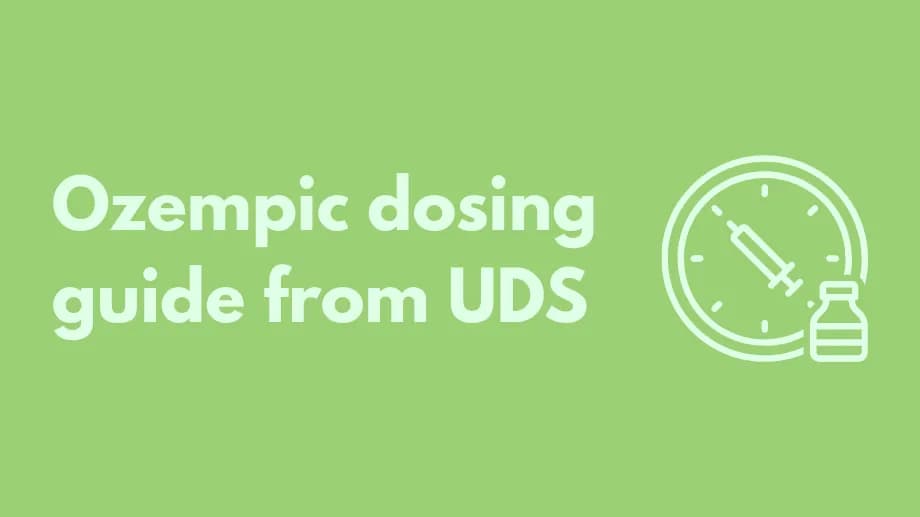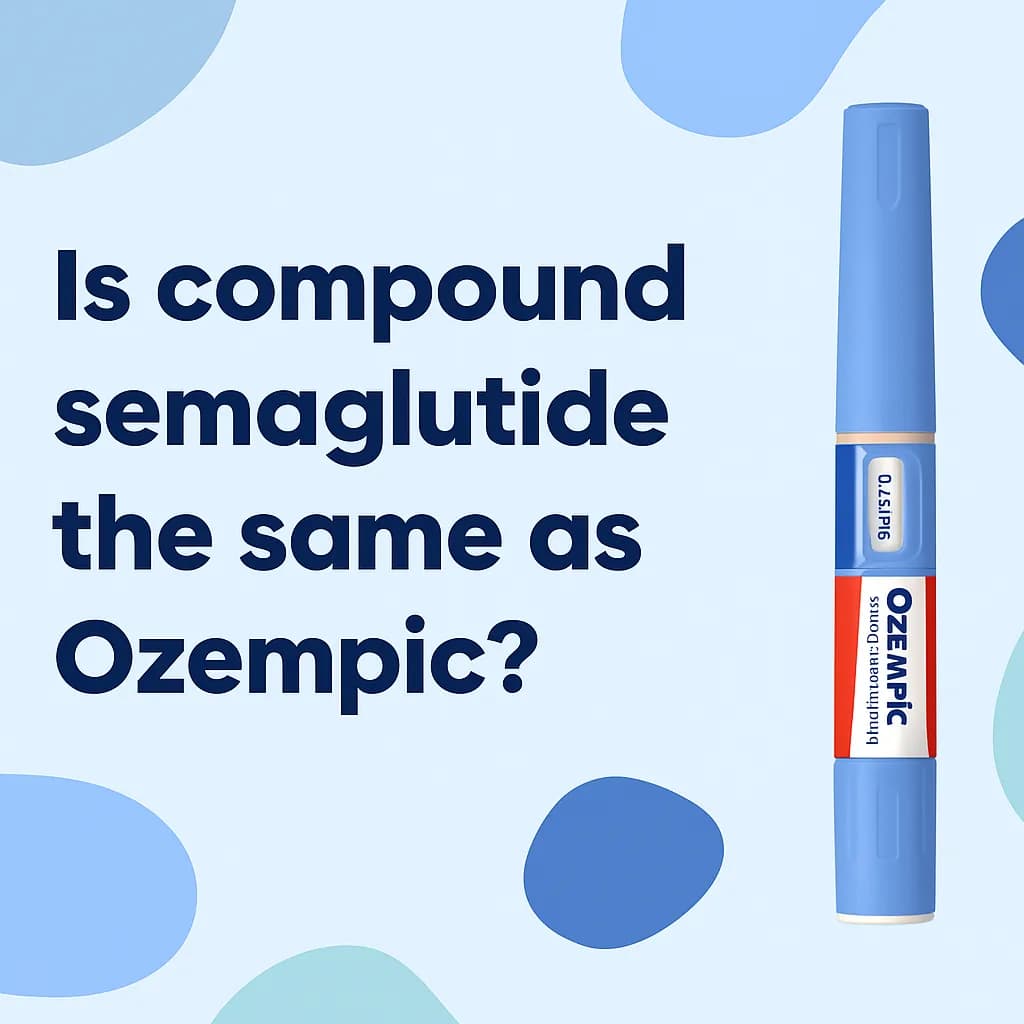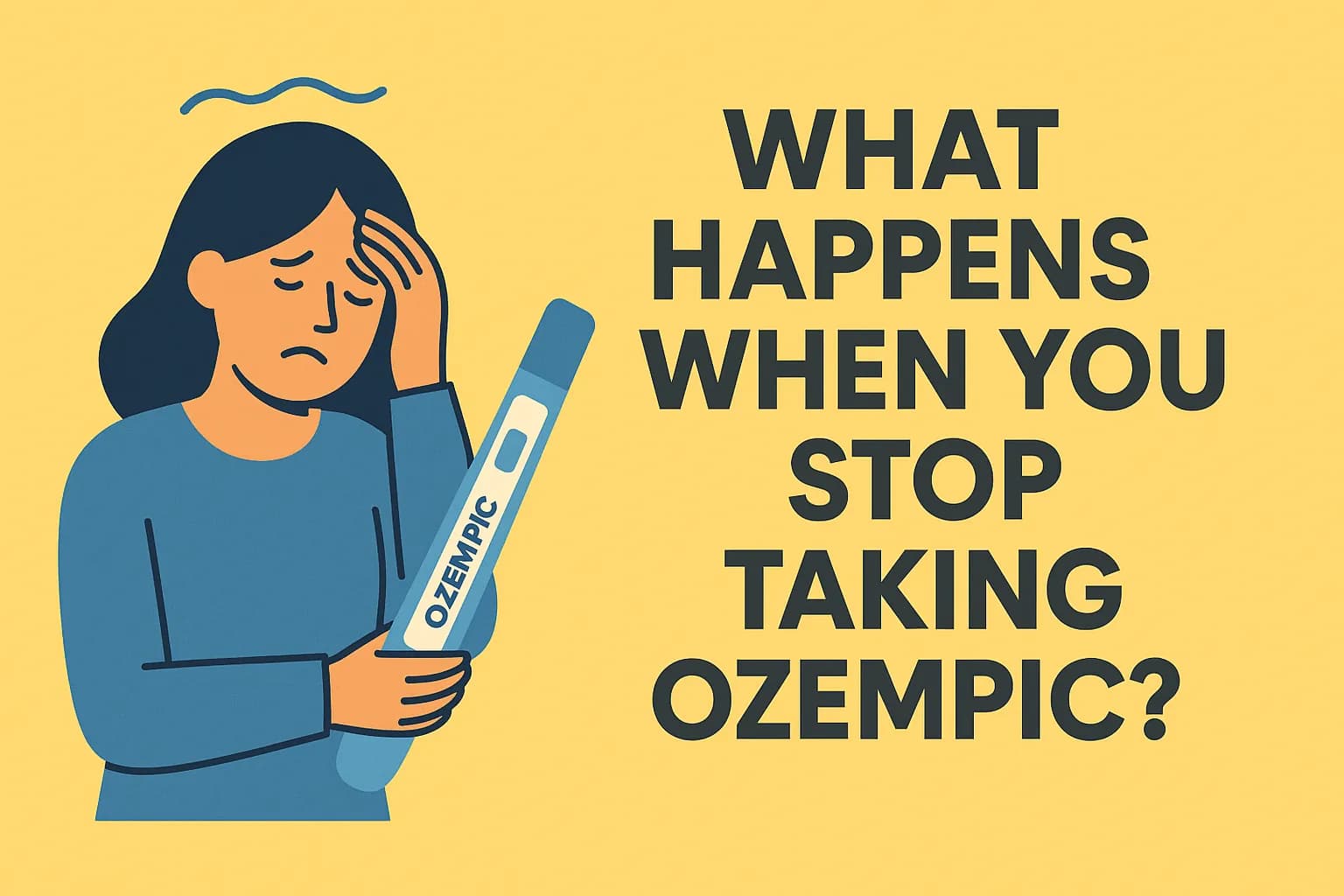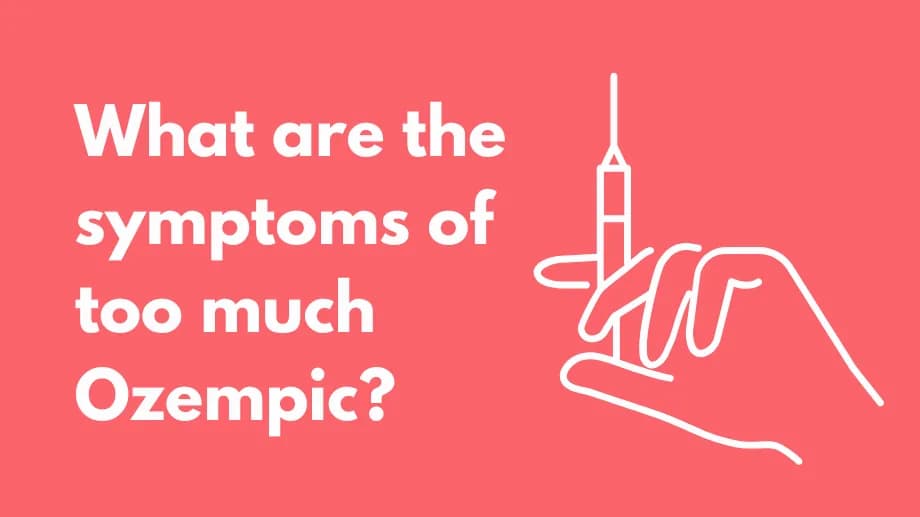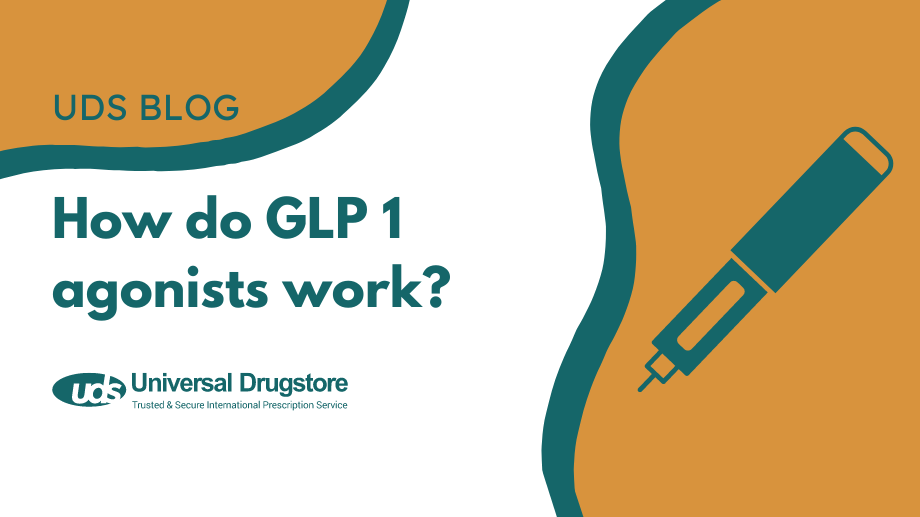Is compound semaglutide the same as Ozempic?
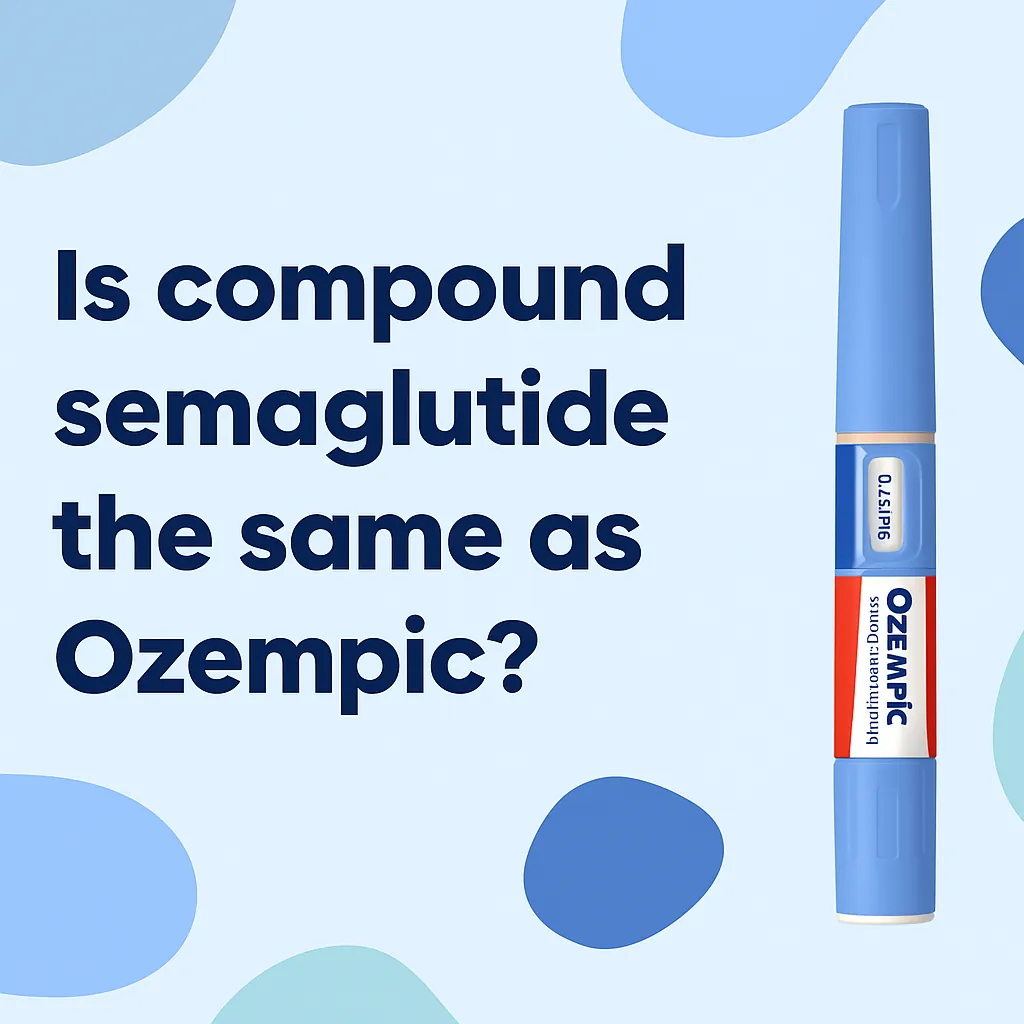
Compounded drugs are custom-made by pharmacies to meet individual patient needs, such as removing allergens or providing alternatives during shortages. The FDA allows compounded medications under specific conditions when commercially available drugs, like Ozempic or Wegovy, are in short supply.
Due to high demand and periodic shortages over the past two years, compounding pharmacies have produced semaglutide versions. These versions can be more affordable than brand-name Ozempic, but they are not FDA-approved and do not undergo the same rigorous testing for quality, safety, and efficacy.
The FDA has received adverse event reports related to compounded semaglutide: as of the end of March, 99 hospitalizations and 7 deaths were reported. Because of these safety concerns, some U.S. states have banned compounded semaglutide entirely.
How is compounded semaglutide different from Ozempic?
Ozempic is an FDA-approved drug made by Novo Nordisk. It contains semaglutide in its base form and is manufactured under strict quality controls. Compounded versions are not FDA-reviewed and may contain semaglutide salt forms such as semaglutide acetate or semaglutide sodium, which are not the same active ingredient.
Novo Nordisk does not sell its semaglutide to compounding pharmacies, meaning compounded products use alternative sources. Some may contain additives like vitamin B12, which are untested for safety or efficacy when combined with semaglutide.
Ozempic comes only in prefilled injection pens with official Novo Nordisk branding. Compounded semaglutide typically comes in vials, requiring users to draw doses with a syringe. These products may have different storage instructions and shelf lives.
Safety when buying compounded semaglutide
Exercise caution when purchasing semaglutide online or from medical spas and weight-loss clinics. The National Association of Boards of Pharmacy (NABP) warns that over 40,000 online pharmacies operate illegally or without proper recommendations. Always verify that the pharmacy is state-licensed.
You can ask the compounding pharmacist where their semaglutide is sourced from and check the FDA’s online database to confirm whether the facility is registered and inspected. This can help ensure the product meets safety and quality standards.
While compounded semaglutide may cost less, it comes with risks. Product quality can vary depending on the pharmacy and ingredient sources.
What is semaglutide used to treat?
Semaglutide is a GLP-1 receptor agonist found in three FDA-approved medications by Novo Nordisk:
Shop Medications
- Ozempic: an injectable used to lower blood sugar and reduce cardiovascular risk in adults with type 2 diabetes. Also used off-label for weight loss.
- Rybelsus: an oral tablet approved for blood sugar control in adults with type 2 diabetes.
- Wegovy: an injectable approved for chronic weight management in adults and children 12+ with obesity or overweight and related health conditions.
All three medications should be used along with a healthy diet and regular exercise.
What are the side effects of Ozempic?
Common side effects include:
- Nausea
- Vomiting
- Diarrhea
- Stomach pain
- Constipation
- Weight loss
Serious but less common side effects include:
- Severe allergic reactions
- Increased risk of thyroid tumors (including medullary thyroid carcinoma, MTC)
- Risk of multiple endocrine neoplasia syndrome type 2 (MEN 2)
- Pancreatitis
- Diabetic retinopathy complications
- Hypoglycemia, especially with other diabetes medications
- Worsening kidney disease
- Gallbladder disease and gallstones
This is not a full list of side effects. Contact your healthcare provider for medical advice, or report side effects to the FDA at 1-800-FDA-1088 or www.fda.gov/medwatch.
Is semaglutide from compounding pharmacies safe?
The FDA has warned that some compounded semaglutide contains salt forms instead of the base form used in Ozempic. These formulations have not been proven safe or effective. There is also a higher risk of contamination or impurities in compounded drugs, as they are not regulated like FDA-approved medications.
As of March 31, 2024, the FDA received 442 adverse event reports related to compounded semaglutide, including 319 serious cases, 99 hospitalizations, and 7 deaths.
Related Medications
- Wegovy (semaglutide)
- Rybelsus (semaglutide)
- Mounjaro (tirzepatide)
- Zepbound (tirzepatide)
- Saxenda (liraglutide)
- Victoza (liraglutide)
- Trulicity (dulaglutide)
Sources
- Medications Containing Semaglutide Marketed for Type 2 Diabetes or Weight Loss. U.S. Food and Drug Administration. Accessed June 25, 2024.
- Drug compounding and drug shortages. U.S. Food and Drug Administration.
- Semaglutide injection. MedlinePlus. Accessed June 25, 2024.
- Ozempic (semaglutide) – drug summary. Prescribers’ Digital Reference. Accessed June 25, 2024.
- Ozempic. Medscape. Accessed June 25, 2024.
- Semaglutide injection. American Society of Health-System Pharmacists. Accessed June 25, 2024.
- Compounding and the FDA: Questions and answers. U.S. Food and Drug Administration. Accessed June 25, 2024.

